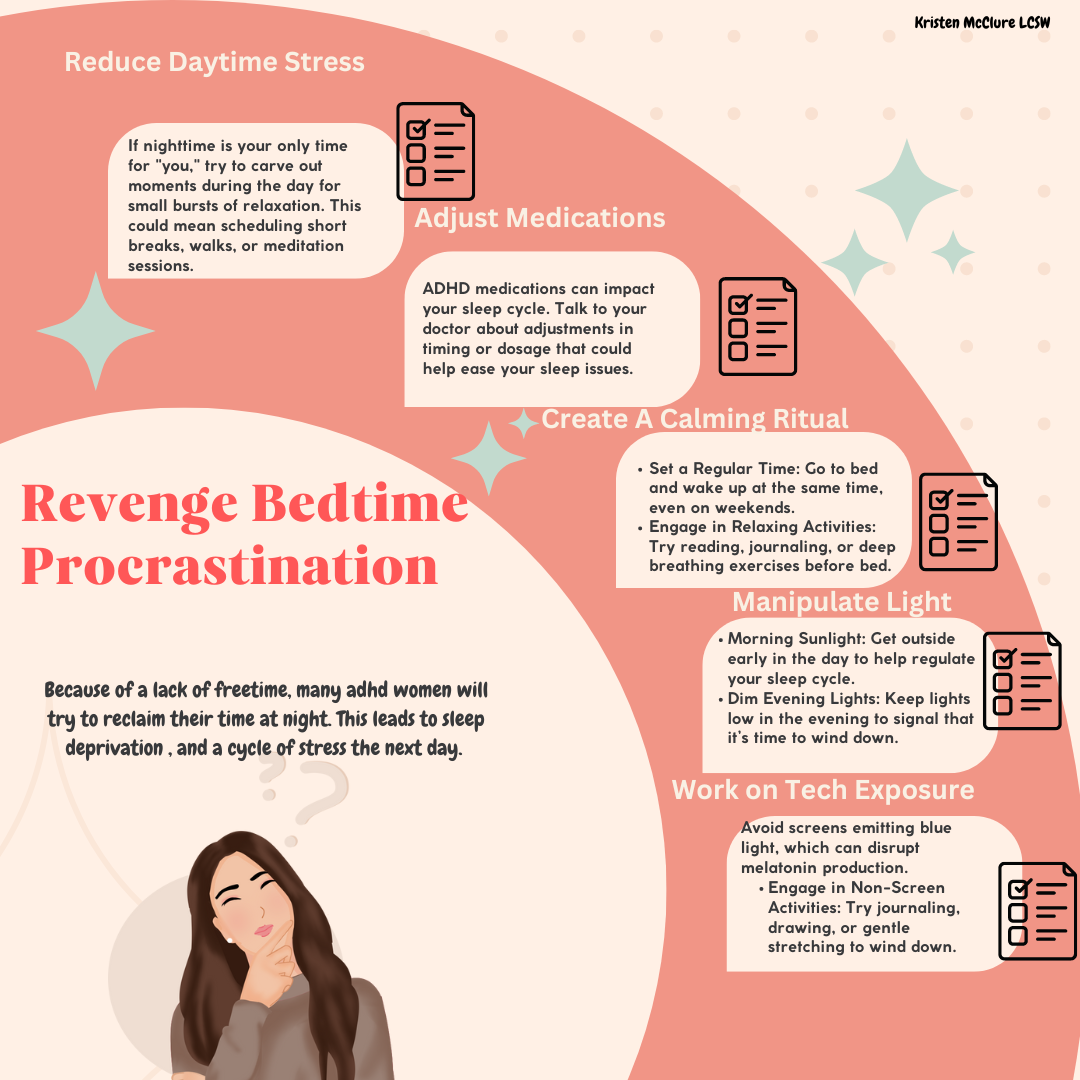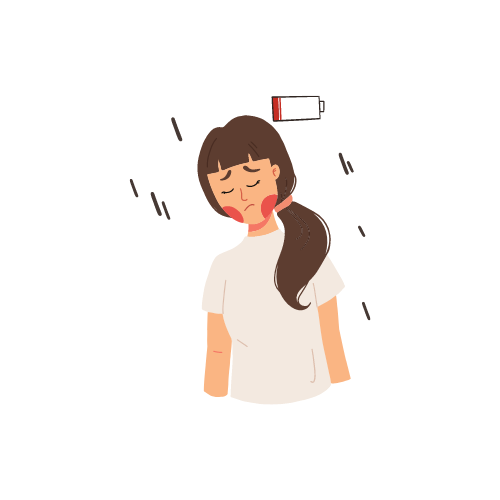
How ADHD Medication Works: A Simple Guide to Understanding Your Brain
Table of Contents
Toggle
Decoding ADHD: How Your Brain Works and How ADHD Medication Works
If you have ADHD, you may have wondered why doctors often suggest medication as part of the treatment plan. Understanding how ADHD affects the brain and how ADHD medication works can make it easier to decide what's right for you.What is ADHD and How Does the Brain Work?
ADHD, or Attention Deficit Hyperactivity Disorder, is a condition that affects how a person's brain functions, especially in areas like focus, attention, and self-control. To understand ADHD better, it's important to know a bit about how the brain sends and receives messages. Our brains communicate through cells called neurons. Neurons use chemical messengers called neurotransmitters to send signals to each other. Neurotransmitters are chemicals in the brain that help send messages between neurons (brain cells). They play a key role in controlling mood, focus, and other functions. This process is known as neurotransmission, and it is crucial for nearly everything our brain does, from thinking and planning to moving and reacting.
How ADHD Disrupts Neurotransmission
In someone with ADHD, the process of neurotransmission is often disrupted. Here are three common reasons why:- Insufficient Release of Neurotransmitters: The neuron that is supposed to send the message may not release enough neurotransmitters, making it hard for the signal to get through.
- Receptor Issues: The receptors on the receiving neuron (the "landing pads" for neurotransmitters) may not be functioning properly, which can prevent the message from being received.
- Premature Reuptake: The sending neuron might reabsorb the neurotransmitters too quickly before they have a chance to connect with the receptors on the receiving neuron.
Why Does This Happen in ADHD?
Research suggests that ADHD is linked to differences in how the brain develops and how its networks function. People with ADHD often have unique patterns of brain activity and structure, which can contribute to their symptoms. For example, someone with ADHD might find it harder to focus on tasks that are boring or repetitive but might excel in creative thinking or hyper-focus on tasks they find interesting. While anyone can struggle with attention due to factors like lack of sleep, hunger, stress, or trauma, these are usually temporary issues. ADHD, however, is a more persistent condition that affects daily life and requires different strategies to manage.How ADHD Medication Works
Understanding how ADHD medication works is key to deciding if it's the right choice for managing your symptoms. Medications are commonly used to improve neurotransmission in the brain. Here’s how:- Stimulant Medications: These are the most commonly prescribed and work by increasing the levels of certain neurotransmitters, like dopamine and norepinephrine, which help improve attention and focus. They are effective for many people but can have side effects, such as insomnia, loss of appetite, or increased heart rate.
- Non-Stimulant Medications: These medications might be used if stimulants aren't effective or if the side effects are too severe. Non-stimulants also help with neurotransmission but in different ways, such as by affecting other neurotransmitters or blocking their reabsorption.

Opting Out of Medication: Managing ADHD Without It
While understanding how ADHD medication works can help some people decide to use it, others choose to manage their symptoms without medication. This often involves understanding and working with what's known as an interest-based nervous system, which means engaging more with activities that naturally capture your interest and attention. For example, a person might find it easy to focus on a hobby they love but struggle with tasks that don’t excite them. Lifestyle factors like regular sleep, exercise, and a balanced diet play a crucial role in managing ADHD symptoms without medication. Prioritizing good sleep helps regulate mood and focus, exercise boosts dopamine levels naturally, and a balanced diet supports overall brain health. Additionally, reducing excessive demands on your brain and body can also help manage ADHD symptoms. This might mean avoiding overstimulation or stressful environments. However, many people find it challenging to avoid these demands due to work, school, or daily responsibilities.What Stimulants Help With
Stimulant medications are known to help with several core ADHD symptoms, including:- Improving focus and concentration
- Increasing the ability to start and complete tasks
- Reducing impulsivity
- Enhancing organizational skills
- Helping with emotional regulation
Is Medication Right for You?
Deciding whether to take medication is a personal choice and can depend on many factors, including the severity of symptoms, the presence of side effects, and personal preferences. While understanding how ADHD medication works can help about 80% of people with ADHD manage their symptoms effectively, it's not the only approach. Lifestyle changes, such as regular exercise, a balanced diet, good sleep hygiene, mindfulness, and stress management, can also play a significant role in managing ADHD symptoms. Remember, finding the right approach to managing ADHD can take time. What works for one person might not work for another, and that's completely okay. It's about finding what suits you best.Be Wary of Unproven Treatments
It's important to be cautious about alternative treatments for ADHD, such as certain vitamins, herbs, or natural remedies. There isn't strong evidence to support their effectiveness, and some might even be harmful. Before trying any new treatment, it's always best to consult with a healthcare professional.Alternatives That Show Promise
Some alternative approaches, like mindfulness meditation, regular exercise, dietary changes, and omega-3 supplements, may help manage ADHD symptoms. However, these should complement, not replace, standard treatments like medication and therapy.Conclusion
ADHD is a complex condition that affects how the brain works, particularly in areas involving focus and self-control. Understanding how ADHD affects neurotransmission can help explain why medication is often recommended and how it might help. However, managing ADHD is about finding what works best for you, which could include medication, lifestyle changes, or a combination of both. Always consider consulting a healthcare professional or ADHD specialist to explore the best treatment plan tailored to your needs. ADHD affects everyone differently, and what works for one person might not work for another. It's important to explore your options, ask questions, and make informed decisions about your treatment. If you want to learn more about ADHD and how to manage it, check out these resources:- Understanding ADHD
- CHADD (Children and Adults with Attention-Deficit/Hyperactivity Disorder)
- Healthline on ADHD Management
Medical information obtained from this website is not intended as a substitute for professional care. If you have or suspect you have a problem, you should consult a healthcare provider.






